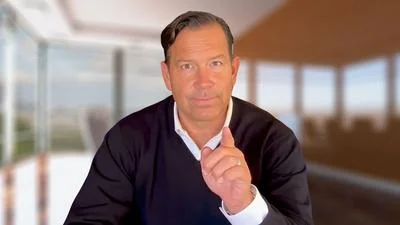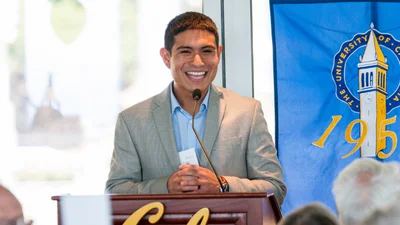Last month The Hill published an article in which Fred Wertheimer, president of left-leaning Democracy 21, urged state legislators to reject efforts to hold the nation’s first-ever Article V convention for proposing constitutional amendments. The piece is par for the course in terms of convention opponent talking points: filled with demonstrable factual errors and aimed at striking fear into the heart of any American who would dare consider using a constitutional process to correct the dysfunction in D.C.
First, Wertheimer conflates a “constitutional convention” with an Article V convention. This is a trademark of convention opponents.
Wertheimer claimed that Michigan voters will vote on a convention of the states in 2026. But what Michigan voters will decide is whether or not to hold a state “constitutional convention,” as outlined by Article XII, Section 3, of the Michigan Constitution. This has nothing whatsoever to do with Article V of the United States Constitution, which only allows for an interstate “convention for proposing amendments.”
At a “constitutional convention,” such as that authorized by the Michigan Constitution, delegates have authority to write an entirely new Constitution if they like. Article V of the U.S. Constitution only allows for the proposal of amendments to “this Constitution.” In other words, an Article V convention is about proposing additional amendments to the Constitution we already have, which would be added on at the end if ratified by 38 states.
Wertheimer demonstrates confusion again when he claims that 19 states have passed applications for a “constitutional convention.” No, the 19 state legislative applications he refers to are applications for proposing amendments on three topics: imposing fiscal restraints on the federal government, limiting its power and jurisdiction, and setting term limits for federal officials.
Another glaring inaccuracy, oft-repeated by convention opponents, is that the Convention of States organization is financed by the The Heritage Foundation (wrong), ALEC (completely false), and a “network of deep-pocketed, dark-money interests” (sounds scary!). The truth is that COS grassroots volunteers are as generous with their treasure as they are with their time and talents. Some of them are wealthy, most are not. In the spirit of the Founders, they pledge “their lives, their fortunes, and their sacred honor” to preserving self-governance.
These “dark money” claims mirror those of radical opposition groups on the right. Only instead of complaining that COS is funded by ALEC or The Heritage Foundation, the John Birch Society claims that COS is funded by George Soros. Mr. Wertheimer’s article reveals just how absurd that claim is, since Soros actually funds Democracy 21, one of the groups leading the charge against the convention effort.
The “strange bedfellows” nature of the opposition might be funny if the misinformation and mud-slinging weren’t hindering the states from using their constitutional power to make the reforms our nation so desperately needs. In fact, the Article V convention COS seeks would actually help achieve one of Democracy 21’s core goals: to “increase the role of citizens in our political process.”
One of the three topics for amendments included in the Convention of States Article V application is about imposing additional–or clearer–limitations on federal power. The goal is to shift more policymaking power back to the states, which would undeniably give ordinary citizens more impact in the political process.
Just think about it: do citizens have better access to their state legislators, or to their members of Congress? Is it easier for us to testify at a hearing about a bill being considered in our state legislature, or in Congress? Obviously we have more impact at the state level, which is why the Founders always intended most governing to happen there.
Keeping power concentrated in Washington, D.C. allows big-money special interest groups and large corporations to dominate public policy. They simply set up shop in the nation’s capitol and focus on career politicians who are worried about their next election. Imagine if, instead, these firms had to disperse their resources among all 50 states and vie for the attention of lawmakers who live in my neighborhood, play sports with my kids, and see me at church.
Mr. Wertheimer claims that Convention of States is a “top-down, money-driven operation led by political operatives.” No, Convention of States is a truly grassroots operation, as demonstrated by its 50 state teams, led by passionate volunteers determined to save their country. More than 2.5 Million American citizens have signed the petition asking their state legislatures to apply for the convention.
For anyone who is serious about saving the nation from fiscal ruin, serious about restoring the rule of law, serious about the Constitution, it’s time to take another look at Article V’s state-led convention process. As Mr. Wertheimer said, “The stakes could not be higher.”
Rita M. Peters is an attorney who serves as Senior Vice President for Legislative Affairs with Convention of States Action. You can reach her at rpeters@cosaction.com.








